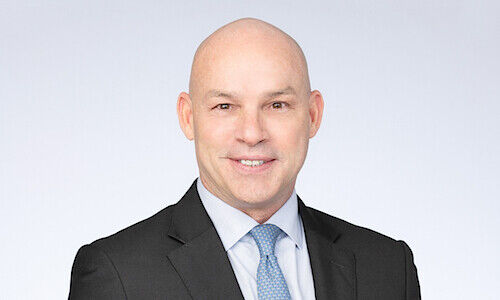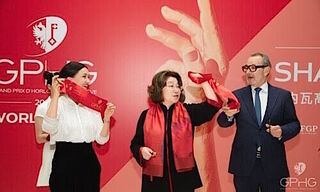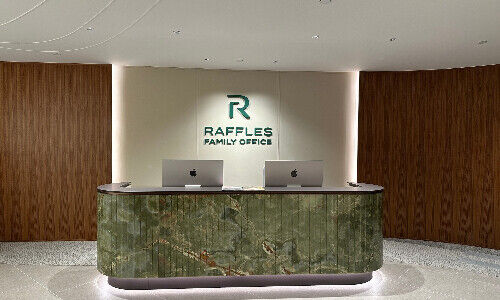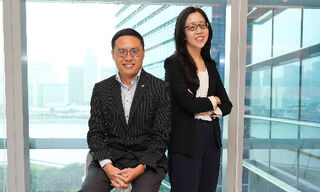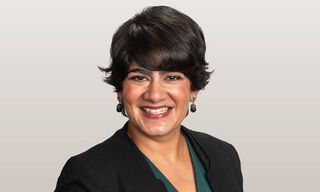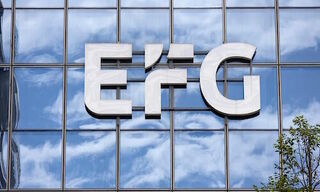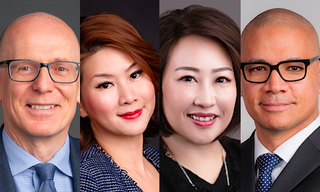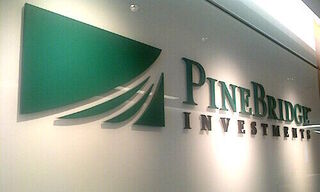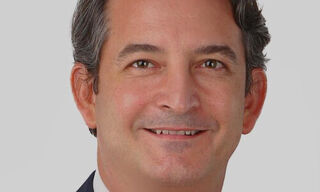Fiera Capital: EM Investors «Often Only Think About China or India»
When it comes to investing in emerging markets, people «often only think about China or India», said Fiera Capital managing director John Cappetta in a conversation with finews.asia, but many are missing out on «hidden gems» like Saudi Arabia or Poland.
Despite all the ongoing macro worries, from economic slowdowns to geopolitical tensions, a global equities melt-up was in play with the MSCI All Country World Index recently rising to a record high of over 954. Year-to-date, the S&P 500 is also up almost 10 percent. Despite the performance, valuations of the MSCI US equity index are nearing an all-time high, based on its 12-month forward P/E multiple.
According to John Cappetta, managing director, head of Asia, excluding Japan and Korea, Fiera Capital Asia, US equities might have been the best place in the past 10 to 15 years «with your eyes closed,» but investors are now considering greater diversification.
«You are already seeing this in a rotation away from Magnificent 7 toward broader market participation. And when it comes to valuations and outlook, emerging and frontier markets are looking attractive,» he said in a recent conversation with finews.asia.
«Hidden Gems»
In terms of investing in emerging markets, Cappetta said that many «often only think about China or India» due to their size but there are «hidden gems» being overlooked.
Saudi Arabia, for example, has stood out as a major hub for listings with 42 initial public offerings in 2024. The stock indices of Poland and Greece are up more than 30 percent this year. For those worried about geopolitical risks, there have been ample opportunities from the «China+1» strategy, including Vietnam, which has been a beneficiary of supply chain disruption.
«These are markets that are not well covered by researchers in the typical bulge bracket banks, with more detailed analysis led by local brokerages.»
Alpha Generation From Inefficiency
Emerging markets are known for their lack of efficiency, which can be advantageous for generating alpha through active management, compared to the favored conditions for passive investing in developed markets. However, exploiting these factors requires in-depth knowledge and experience that may not be widely available.
«You need a seasoned team with on-the-ground presence to talk to various parties, such as brokers, to find market dislocations and mis-pricing. Fiera Capital has such a team led by co-CIOs, Stefan Böttcher and Dominic Bokor-Ingram, who have nearly four decades of experience purely focused on emerging and frontier markets,» Cappetta noted.
MFO Demand
On demand, Cappetta observes that there is interest in strategies invested in such markets, particularly from multi-family offices (MFO).
«Many of them are set up by former private bankers with whom I’ve had relationships for decades,» said Cappetta, who has extensive experience in private banking, including six years at Julius Baer’s Singapore office, where he was last managing director and senior advisor.
«They are familiar with product shelves at private banks and will try to differentiate their own offerings.»
Possible Reversion to Stability
Of course, there is a possibility that developed markets like the US continue to rip higher. Geopolitical risks could simmer, with renewed hopes of a peace deal in Ukraine as President Volodymyr Zelensky is reportedly ready to meet Russian leader Vladimir Putin in talks arranged by Donald Trump. Tech stocks could maintain momentum if artificial intelligence realizes its ambitions. Tariff worries could shrink with more trade deals signed.
«No matter how you invest, there is never going to be full certainty,» Cappetta stressed. «I recently heard a very powerful quote from an institutional investor which I think is fitting: 'you don’t try to predict, you try to prepare'. That’s why I think it is necessary to diversify with a long-term view.»
Headquartered in Montreal, Canada, Fiera Capital has 780 employees worldwide, housed in offices in North America, Europe and Asia. As of 30 June 2025, it had $117.6 billion in assets under management across public and private markets.

